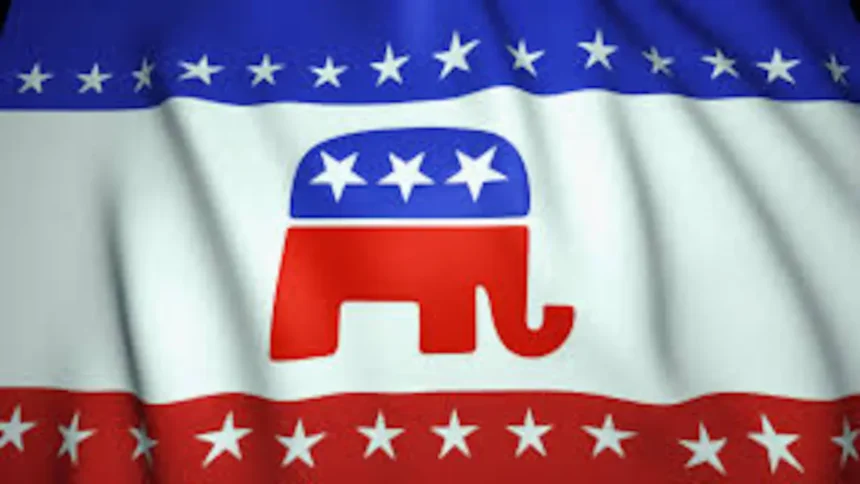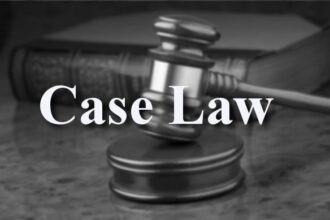Understanding the Republican Party: History, Beliefs, and Current Influence
Introduction
The Republican Party, commonly known as the GOP (Grand Old Party), is one of the two major political parties in the United States. Established in the mid-19th century, the party has undergone numerous shifts in ideology, leadership, and policies, shaping the American political landscape. This article explores the Republican Party’s history, core beliefs, and influence in modern-day politics, highlighting key events, prominent leaders, and ongoing debates that define the party today.
Historical Background of the Republican Party
Founded in 1854 by anti-slavery activists, the Republican Party initially emerged as a counterforce to the Democratic Party. Abraham Lincoln, the first Republican president, famously led the country through the Civil War, preserving the Union and abolishing slavery. Over the years, the party has evolved, embracing different policy priorities and ideological perspectives.
| Era | Key Focus and Ideals | Notable Presidents and Leaders |
|---|---|---|
| 1854 – 1900 | Anti-slavery, national unity, economic modernization | Abraham Lincoln, Ulysses S. Grant |
| Early 20th Century | Business-friendly policies, limited government | William McKinley, Theodore Roosevelt |
| 1940s – 1960s | Anti-communism, civil rights tensions | Dwight D. Eisenhower, Barry Goldwater |
| Late 20th Century – 2000s | Conservatism, economic liberalization, family values | Ronald Reagan, George W. Bush |
| 2010s – Present | Populism, nationalism, “America First” agenda | Donald Trump, Mitch McConnell |
Core Beliefs and Principles of the Republican Party
While individual Republican leaders may vary in their views, the party has generally advocated for the following principles:
- Limited Government
Republicans often support reducing the role of federal government in favor of state and local governance. They believe that a smaller government leads to greater personal freedom and economic prosperity. - Economic Freedom and Free Market Capitalism
Supporting a capitalist economy, the GOP emphasizes policies that limit taxes and regulation, encouraging businesses and individuals to thrive in a competitive market. - Traditional Values
Many Republicans uphold conservative social values, often promoting policies related to family structure, religious freedom, and pro-life stances. - Strong National Defense
Republicans prioritize a strong national defense, advocating for substantial investment in the military and national security. - Protection of Second Amendment Rights
Supporting Americans’ right to bear arms, the GOP stands firmly behind the Second Amendment, emphasizing personal responsibility and gun ownership rights.
The Republican Party Today: Key Issues and Positions
In the modern political era, the Republican Party’s platform has been shaped by diverse challenges, from globalization and immigration to healthcare and technology. The influence of former President Donald Trump has also introduced a “populist” wave, which continues to impact the party’s messaging and strategies.
| Issue | Republican Position |
|---|---|
| Economy | Support tax cuts, deregulation, and reduced government spending |
| Healthcare | Oppose extensive federal healthcare systems; advocate for private healthcare solutions |
| Immigration | Promote border security, limited immigration, and strict immigration policies |
| Climate Change | Prioritize economic growth over environmental regulations; support energy independence |
| Education | Support school choice, homeschooling, and reducing federal involvement in education |
| Foreign Policy | Emphasize “America First” policies; skeptical of international alliances like the UN |
Republican Leaders and Their Contributions
The Republican Party has had many influential leaders who left lasting legacies. Below are some notable figures and their contributions:
- Abraham Lincoln: As the first Republican president, Lincoln led the United States through the Civil War and abolished slavery with the Emancipation Proclamation.
- Ronald Reagan: Known for his economic policies, Reagan emphasized tax cuts, deregulation, and reducing the size of the federal government, sparking the “Reaganomics” era.
- Donald Trump: Trump’s “America First” approach redefined GOP priorities in favor of a populist message, focusing on trade reform, immigration control, and reducing America’s role in international alliances.
The Republican Party’s Role in Recent U.S. Elections
Since the 21st century, the GOP has faced significant transformations. Key events such as the Tea Party movement, Donald Trump’s presidency, and debates on handling COVID-19 have deeply influenced the Republican agenda.
Republican Performance in Presidential Elections (2000 – 2024)
| Election Year | Republican Nominee | Outcome | Key Issues |
|---|---|---|---|
| 2000 | George W. Bush | Win | Tax cuts, education reform, foreign policy |
| 2008 | John McCain | Loss | Financial crisis, healthcare, Iraq War |
| 2016 | Donald Trump | Win | Immigration, trade, “America First” |
| 2020 | Donald Trump | Loss | COVID-19 response, racial justice, economy |
| 2024 | TBD | TBD | Immigration, inflation, international security |
Challenges Facing the Republican Party
The Republican Party faces ongoing challenges as it navigates a rapidly changing political landscape:
- Diverse Ideologies within the Party
The party today includes various factions, from traditional conservatives to populists. Balancing these differing ideologies presents a unique challenge. - Generational Shifts
As younger voters with more progressive views enter the electorate, the GOP needs to adjust its messaging to appeal to new generations without losing its conservative base. - Impact of Former President Trump
Donald Trump’s influence has shaped the Republican Party, particularly through his populist and nationalist views. How the GOP addresses Trump’s legacy will significantly impact its future direction. - Competing with the Democratic Party on Key Issues
The Republican Party faces challenges in addressing key voter concerns on healthcare, climate change, and social justice, where the Democratic Party often has stronger public appeal. - Balancing Tradition with Innovation
Republicans face pressure to innovate in areas like technology and climate policy while staying true to their core values of limited government and economic freedom.
The Future of the Republican Party
As the GOP looks to the future, it faces critical choices. The party must decide how to address divisive issues, maintain unity across its ideological spectrum, and attract a broader voter base. The 2024 presidential election will be a key indicator of the GOP’s evolving identity and strategy in the face of both internal and external pressures.
Conclusion
The Republican Party’s journey is a reflection of the broader shifts in American society. From its anti-slavery roots to its current “America First” ethos, the GOP has continually redefined itself in response to historical and cultural challenges. As one of the most influential political forces in the U.S., the Republican Party will likely continue to shape policy, spark debate, and influence the country’s direction in the years to come.







